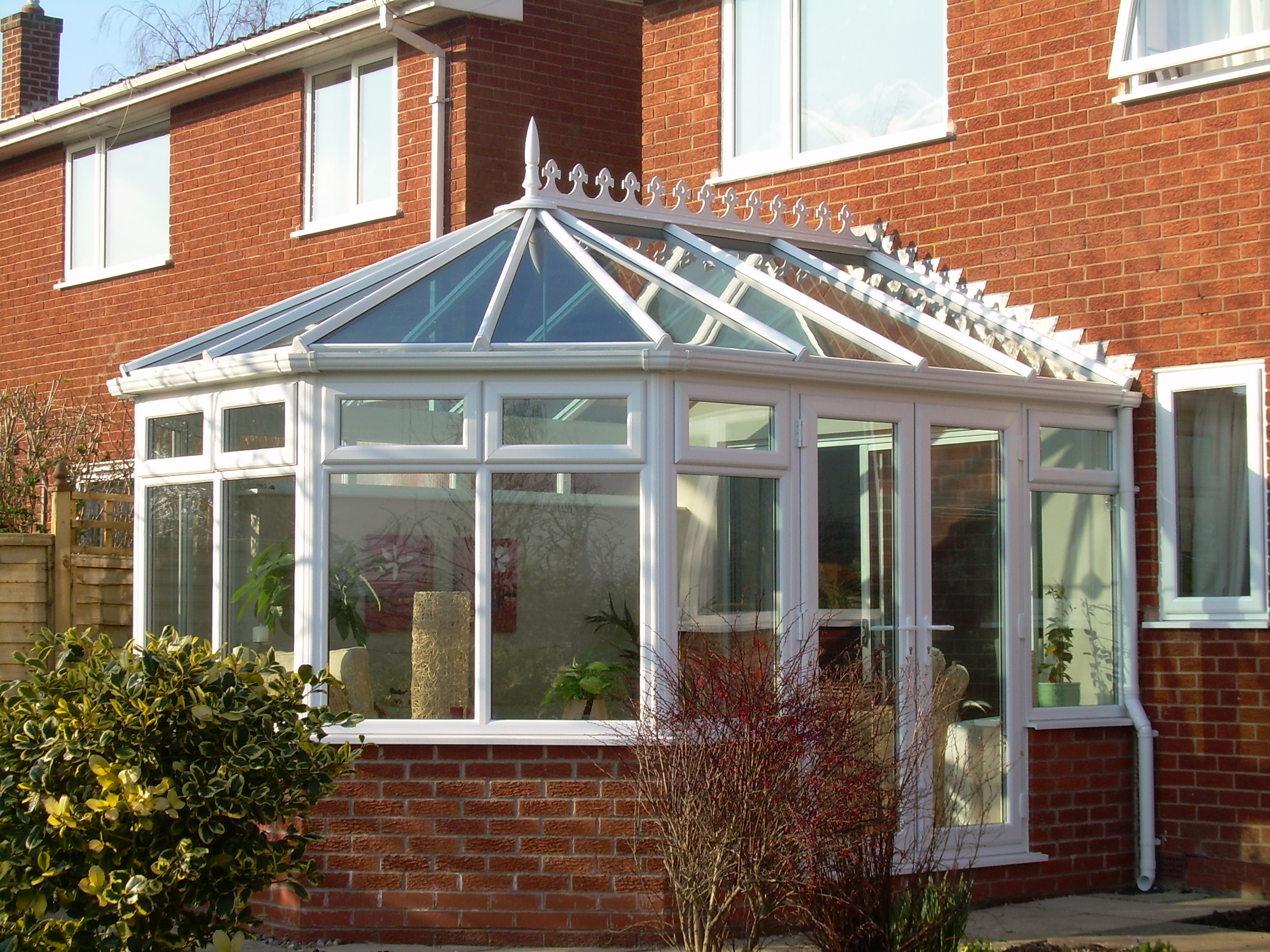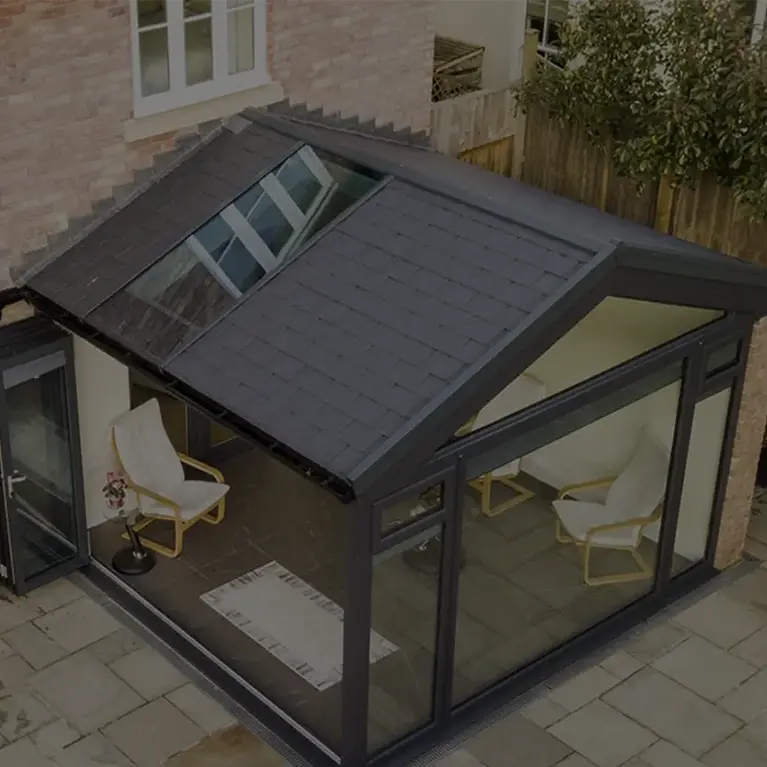
Should I Invest In An Orangery Or A Conservatory For My Home?
Conservatories and Orangeries both evoke glorious feelings of warmth and summer, and as the days grow short and the storms of winter set in, there’s no better time to start thinking about ways to improve your living space and enjoyment of your home for the coming year.
However, what is the best option for your home – a conservatory or an orangery? Both are great options for homes of all sizes, adding value to your property as well as space for yourself and family to enjoy. Let’s look at the best place to invest your home improvement money so you can make a decision that works for your home – and if you’d like to speak with one of our specialists in person, please feel free to call us at our Leicester showroom on 0116 497 1994.
.What Is The Difference Between A Conservatory and Orangery?
A common misconception is that conservatory and orangery are interchangeable terms, and while they are both glass-based home extensions designed to maximise the amount of natural light in the space, they do both differ in design, purpose, thermal efficiency, privacy, and cost. Conservatories are fully glazed extensions, including the roof, and were initially intended to protect houseplants in a similar way to a greenhouse. Being attached to the house on one side, the design allows for maximum sunlight and gives a clear view over the back garden. An orangery, on the other hand, is more like a traditional extension, with a brick base and large windows. Orangery roofs are often flat, with a large glass lantern in the centre to allow sunlight to flow in.
How Much Do Conservatories And Orangeries Cost?
Orangeries are typically more expensive than conservatories due to their more complex construction and materials used. A good conservatory from Harveys starts from £12000, while an orangery could set you back from £18000 or more, depending on the size of the space you require. In terms of ongoing energy costs and upkeep, however, orangeries are usually more thermally efficient than conservatories due to their solid construction and less glass, making orangeries suitable for use throughout the year. Conservatories, on the other hand, used to have a tendency to become too hot in the height of summer and too cold to use in winter. Nowadays, however, with the new specifications of energy efficient frames and glazing available, these rooms are able to be used all year round without a problem, and provide a cost-effective way of adding a comfortable extra living space to your home.
Will I Need Planning Permission To Build A Conservatory Or Orangery Extension?
From a local authority planning perspective, both conservatories and orangeries are generally considered ‘permitted developments’ and do not require you to seek planning permission – as long as they meet certain criteria. This is good news for homeowners and makes orangeries and conservatories a quick and accessible way of extending the home without the hassle of submitting a planning application. However, there are exceptions to this rule. The requirement for planning permission can depend on your property’s location, the style and size of the conservatory or orangery you intend to build, and the amount of land it will cover. It’s important to note that orangeries, which typically use more brick in their construction than conservatories, must comply with building regulations. For these reasons, we recommend checking with your local planning department or a conservatory and orangery specialist, such as Harveys Windows, before proceeding with your construction, to avoid any potential legal problems.
Making The Right Choice For Your Home And Family
Conservatories and orangeries are both stylish and accessible extension options for most British suburban homes and are perfect if you’re looking for a versatile and functional space on a modest budget, and don’t have the time, space, or money for a full house extension. To find out more, please get in touch with one of our team by clicking here or drop by our Leicester showroom to discuss your requirements in person.



